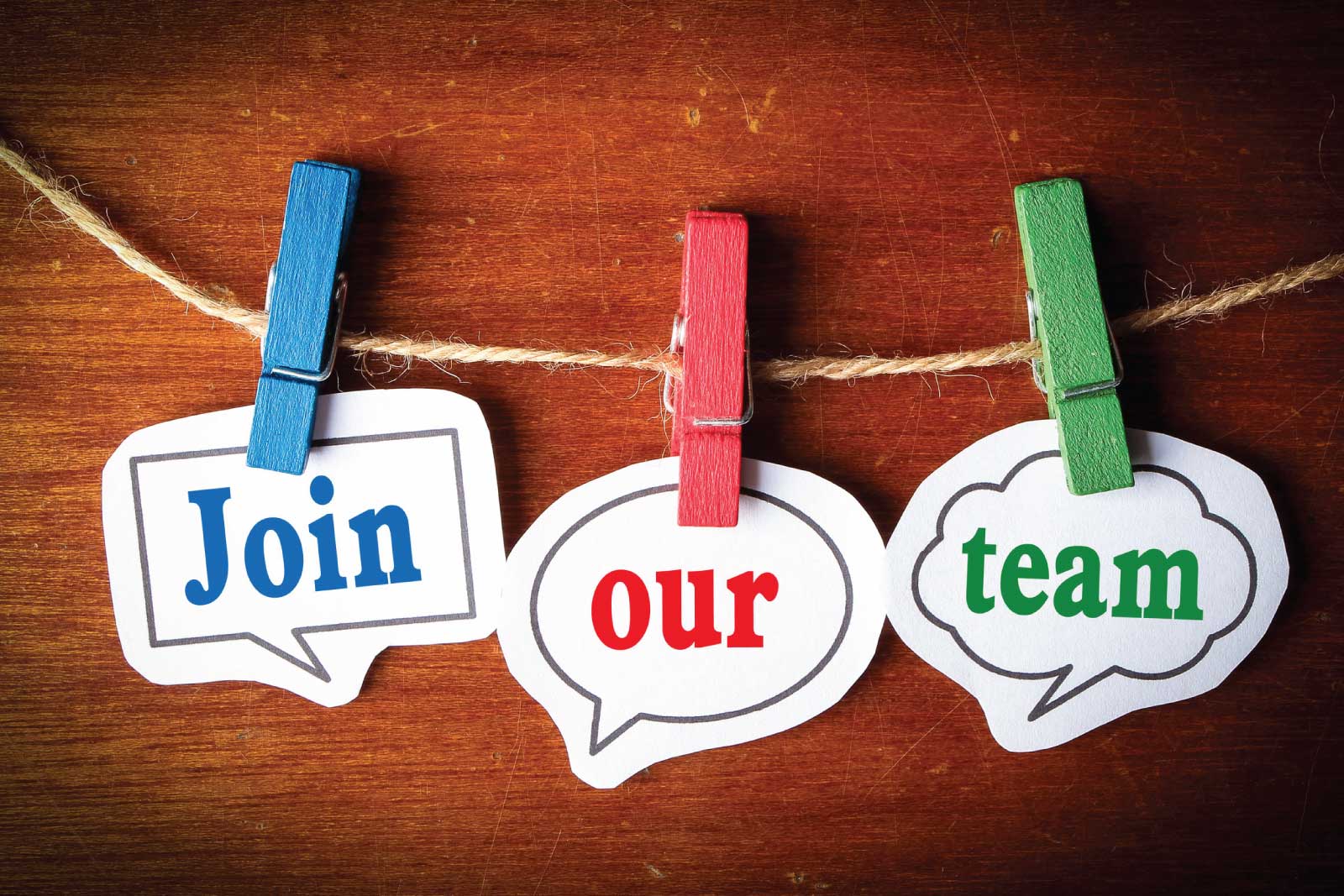
Can you name four employees you fired too soon? Chances are you can’t, and that’s because they should have not have been there in the first place.
Whenever you have the wrong people who are toxic and don’t align with the company culture, no one can rise to be their best. It doesn’t matter how many hours they work, if their presence, poor energy and rudeness affects just one person, it has a negative ripple effect. Everything compounds, both positive and negative.
Whatever the nature of your business, it’s probably safe to say that personnel issues are near the top of your list of challenges and frustrations. Getting the right people in the right seats is crucial to success – and it doesn’t have to be that hard.
The golden rule to avoid panicky hires just to fill open positions? ABR: Always Be Recruiting.
We’ve all been so busy in and such a bind that we’ve hired the wrong people who seem to fit at the moment – mainly because we desperately need the bodies to do the work. This may work for the short term, but it will ultimately bring the organization down.
ABR means interviewing even when you don’t have positions open. There will always be people leaving, and when you’re hiring in a crunch, you have a higher probability of hiring the wrong person. When you’re always recruiting, you don’t have to rush the process.
Think you don’t have the time to ABR? Think of all the time you have wasted by hiring on the fly, offering half-hearted training and not bothering to try to understand your people. Constantly plugging the gaps and putting our fires consumes an awful lot of time.
Here are some tips for ABR success.
- Know your metrics. How many interviews will it take to find that one GREAT person?
- Always start with a phone screen. Take five minutes to talk to the person to determine if it’s worth getting to know him or her better.
- Interview each person three or four times to make sure the same person keeps showing up and getting better. Each interview should be different and/or held in a different location, such as one-on-one at the office, with other team members, at a coffee shop, etc.
- Only interview candidates who are 15 minutes early to interviews, show up in business attire, have a notebook/pen ready, and have questions ready to interview you.
- Never hire anyone who shows up late to an interview. Sounds basic, but people do it all the time, and those people are typically always late.
- Look for people who are coachable, strong listeners, smile and are excited about the prospect of working for you.
- Before hiring anyone, give a personality test; DiSC, Kolbe or Strengths Finder all have good ones.
During an interview, ask probing questions that go beyond the typical where-do-you-see-yourself-in-five-years:
- On a scale of 1-10, how badly do you want to work here? (If the answer is under a 9 or 10, it’s typically not a good fit.)
- Tell me a story about how you resolve conflict. (Chances are, they will need these skills at your company.)
- What do you do when no one is around and you don’t know what to do? (This gives an indication of creativity and initiative.)
- What do you do when you make a mistake? (This helps show their character, which is perhaps the most important trait of all.)
Finally, don’t be afraid to follow your gut. After all, it’s what has gotten you to where you are now. If you can tell in the first five or 10 minutes that this person is not a good fit, do yourself – and them – a favor by letting them know. Don’t lead them on, say you’ll be in touch and then never call them. Much better to wish them all the best and end the interview — for both your sakes.
Lastly, remember to only hire great people. This is the key to your company’s growth!
THINK BIG!
Jon




